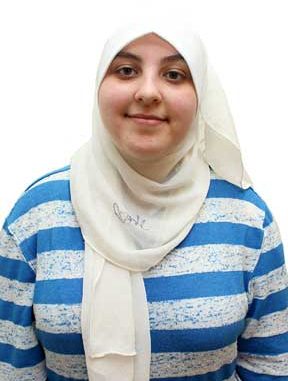
 Arguably the most unnecessarily substantial criterion for applying to medical, law or graduate schools is the letter of recommendation.
Arguably the most unnecessarily substantial criterion for applying to medical, law or graduate schools is the letter of recommendation.
Someone has to rant about how wonderful you are and how there is no one in the world that deserves a spot but you, or chances are you won’t be the first to fill a seat. Is that really fair? The honest answer is no, but admissions for programs across the country don’t happen to see it that way.
“The letters carry about a third of the decision in the application process,” said Deindre Dockery, an academic advisor and admissions officer at Saint James School of Medicine. “They can be the deciding factor when we receive an application, especially when grades are not as high as they should be or when there are two similar applicants.”
Furthermore, the person with the best recommendation letters is not always the best pick.
In March 2011, I applied to a medical school in the Caribbean. My science grades weren’t what they should have been, but my reference letters were very strong. Still, one letter was even from a professor I had for a class that didn’t remotely relate to the school I was applying for. The person who interviewed me said that the letters gave me huge leverage, which is truly unfair.
It’s unfortunate, because these reference letters aren’t solid evidence that an applicant is a good fit for the spot. There are serious flaws with them that demonstrate that being worth one-third of the final decision is irrational.
Even if an applicant goes to a former professor, how well can a professor know a student? You only see this professor for maybe three or four hours a week for only a handful of months at a time. Even if you happened to have taken a small class with them, it’s not likely that a professor will have a good insight into the student’s character. Because it is doubtful that this teacher knows the applicant so well, his title would have much more significance, taking away from the purpose of the letter.
This, naturally, can lead to someone who does not have many strong connections being at a serious disadvantage. If the deciding factor between two applicants is that one of them has a stronger reference, then the other, who might be more qualified in every other sense, may unfairly fall between the cracks.
Furthermore, this is a severe disadvantage to students who are more reserved or shy than others, including those that find it difficult to reach out and make their presence known.
Some students are not naturally outgoing. They may not have the time or face complications reaching professors during their office hours. There are many people who prefer staying in the background and avoiding the spotlight. Sometimes they may even have a mild case of social anxiety. None of this creates a legitimate ground to reject an applicant. When the application processes start to focus on a person’s personality or character more than their actual compatibility with the position, it’s these people who are the most negatively affected.
Finally, it doesn’t make sense to put emphasis on words from someone the admissions office doesn’t know, because no one is going to hand in a letter with a fully up-to-date list of their defects and flaws. Basically, you wouldn’t turn in a letter telling the school or boss in charge of accepting you about frequent tardiness or poor work habits. You would be digging your own grave. Instead, you’re going to find someone who will make you look like an angel — the letter is not going to depict the most honest you.
The requirement of having letters of recommendation shouldn’t be so essential in the admissions process because they do not always come from reliable sources or even fulfill their most basic function. Working hard and achieving high scores should be what distinguishes a student. Yes, the letters should be given in as a reference, but to consider them so deeply is unjust.
Hend Salah can be reached at hsalah@temple.edu.


Be the first to comment